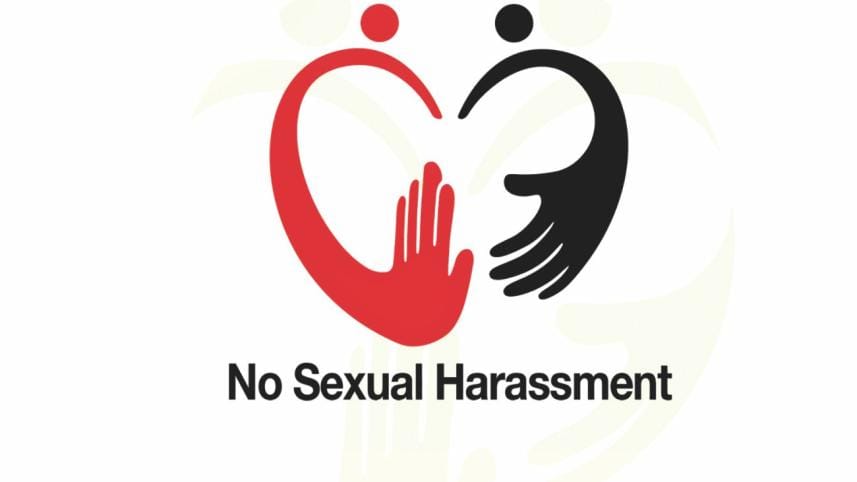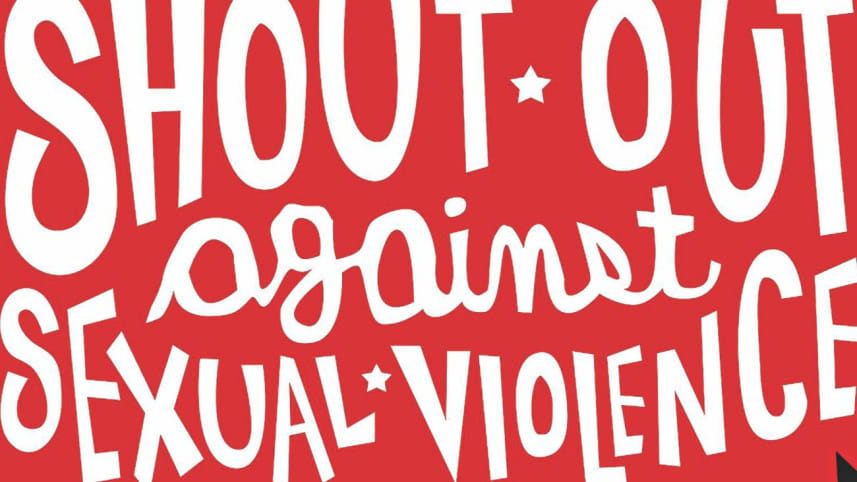Sexual violence

To understand sexual violence, it might be helpful to shed some light on sexuality and gender first, which are often the underlying issues of sexual violence. Being cognisant of the fact that sexuality and gender are both very complex and vast subjects, I'll only touch on issues relevant to this topic.
Human sexuality includes physical attributes (biology, genes, body etc.), sexual attraction, expression, behaviour, etc. The latter three are mostly regulated by the brain, hormones and emotions. When we look at sexuality through the lens of heterosexuality, (an expression of sexual attraction) any deviation from it (e.g. gay, lesbian etc.) is perceived as abnormal and sinful.
Gender is primarily a social construct. It starts as soon as the doctor/nurse/midwife declares “you have a boy or girl,” based on physical attributes. People whose physical attributes do not match either male or female (e.g. intersex, transgender, 'hijra') are labelled abnormal. They either have to live a secret life or are shamed, cursed and abandoned by family members. Society imposes gender roles from the get go, as it caters to only the binary (men and women) version of gender, and any deviation thereof is frowned upon, shamed and attacked.
People whose gender identity (regulated by brain, hormones and emotions) is aligned to the gender assigned at birth are called cisgendered (typical man or woman), as opposed to people whose gender identity is not aligned to gender assigned at birth (non-binary people) are often grouped under the umbrella term "transgender people."
Gender based violence includes, but is not limited to, sexual violence. If we examine sexual violence, we can see its roots planted in social constructs. Power and privilege is usually distributed to people who conform to the binary model. Historically, patriarchy is linked to colonialism supported by institutionalised religion. It takes courage and honesty to unpack these privileges. Gender construct has changed over time in terms of clothing, workforce etc. However, deep-seated gender bias rears its ugly head mostly through sexual violence.

A vast majority of sexual violence is committed towards women by men. Although sexual violence among lesbian couples is also on the rise, there are also reports on sexual violence committed by women towards men.
Sexual violence is actually a display of power difference. It doesn't only mean physical invasion of space (e.g. molestation, rape, etc.), rather it also includes subtle or overt sexism, which is pervasive in our society. Sexism devalues women and all feminine qualities, making them believe that something is inherently wrong with them.
Media perpetuates sexism by targeting women's bodies and instils insecurity in women by creating absurd idealised body images. Cisgendered macho men are rewarded for their loud, aggressive, controlling behaviour, whereas androgenic women are shamed for not being timid and submissive!
Culturally, girls are sexualised prematurely by making them extra conscious of body parts, adult women are infantilised by discounting their opinions and abilities. Often, masculinity is equated with power and control, femininity is equated with sacrifice and surrender. Eventually, this leads to multiple intersections of sexual oppression. Unopposed, misogyny perpetuates sexual violence towards women. Women empowerment is essential to solve this problem.
Let's not forget, there are a lot of men who are better feminists than a lot of women who have internalised gender bias and sexism to their own cores. Appropriate ally-ship, irrespective of gender, is important for making progress in controlling sexual violence.
If we try to disentangle some of the layers and intersections of sexual oppression, we find at the bottom of the ladder is the trans-female minority group, who are victims of sexual violence from both cismen and ciswomen.
Social hierarchy, patriarchy, and sexual violence are closely linked. It has real consequences on real people. Stigma, discrimination, racism, bias, sexism, stereotyping among health care workers is detrimental to the health and safety of patients. Intolerance to diversity and different opinions is manifested nakedly in our political culture — “If you don't think, look or speak my language, or act like me, then I will erase you!” — has become the norm!
It is only natural that there will be clashes between different interest groups when all are fighting over limited resources to establish their own basic human rights. However, I insist, health care providers must do a better job to uphold humanity. Demystifying sex, deconstructing gender, and advocating for vulnerable marginalised population should be an integral part of mental health work.
Mental health problems are disproportionately high among women and minority groups. One study suggests that suicide rate is 54 percent among transgendered people who have been rejected by the family, as opposed to only 4 percent among the same group who have been accepted by the family.
It is impossible to prevent post-traumatic stress disorder (PTSD), depression, addiction, just to name a few, without changing our social structure. It is true that centuries-old oppressive systems cannot be corrected easily and quickly, but revolutions can start at home by making small changes in the right direction.
Photo: Collected



 For all latest news, follow The Daily Star's Google News channel.
For all latest news, follow The Daily Star's Google News channel.
Comments